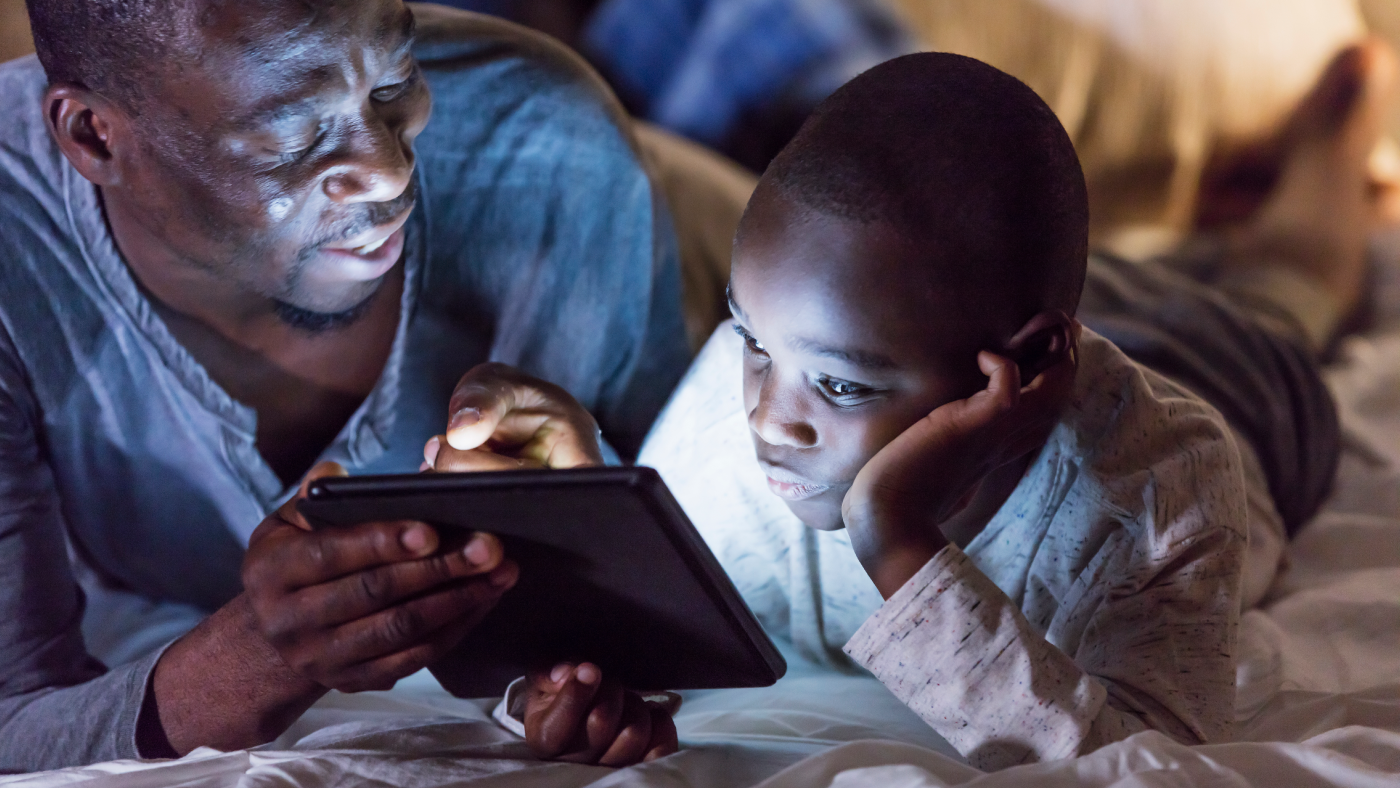Wikipedia users
36% of online American adults consult Wikipedia
36% of online American adults consult Wikipedia
The majority of teens actively manage their online profiles to keep the information they believe is most sensitive away from the unwanted gaze of strangers, parents and other adults.
Neocha, or “New Tea,” China’s first website for artists to show off and share their wares, launched last week in Shanghai.
Pew Internet data and findings related to Web 2.0 applications and activities.
This presentation covers the technology world of teenagers and college students and discusses six realities of the lives of "digital natives" that are especially important for their institutions and their teachers to know.
Watching the online gamers in China
That's the percentage of young adults (ages 18-25) who say it is okay for people to download or share music or video files without paying for them.
Web metrics are a spectator sport for me and I watch the ticker like a fan who knows the game is sometimes rigged.
This presentation highlights recent Pew Internet Project research with a special focus on the adoption of social media applications among teenagers and adults in the U.S.
Hispanics with lower levels of education and English proficiency remain largely disconnected from the internet.

Roughly four-in-ten Americans have experienced online harassment. Growing shares face more severe online abuse such as sexual harassment or stalking.
Two-thirds of parents in the U.S. say parenting is harder today than it was 20 years ago, with many citing technologies, like social media or smartphones, as a reason.
From distractions to jealousy, how Americans navigate cellphones and social media in their romantic relationships.
Majorities of U.S. adults believe their personal data is less secure now, that data collection poses more risks than benefits, and that it is not possible to go through daily life without being tracked.


